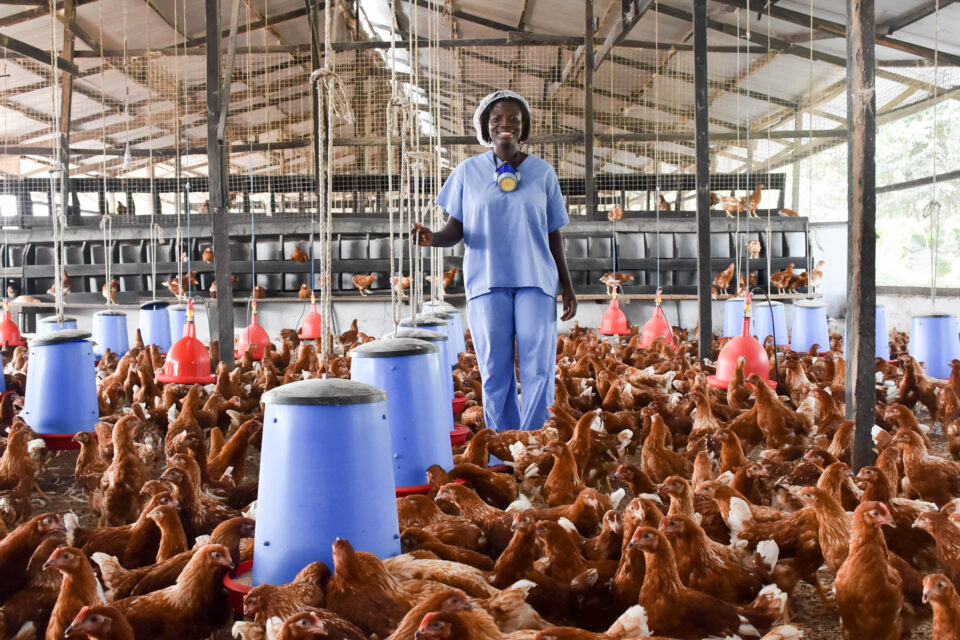Regular bird weighing is fast gaining recognition as one of the most effective yet underused tools in modern poultry management. It offers farmers a simple, science-based way to monitor flock growth, identify performance issues early, and ensure that birds meet standard growth targets.
At Leecon Poultry Company Ltd in Sierra Leone, this vital practice was recently reinforced through a comprehensive training session held at the company’s Parent Stock Farm. The training, facilitated by Joe Antonio of the World Poultry Foundation (WPF), focused on bird weighing, growth tracking, and data interpretation — essential skills for improving field performance and farm productivity.
The session brought together farm supervisors, stock attendants, and technical officers, equipping them with the knowledge to collect accurate production data and apply it to management decisions. Antonio demonstrated proper bird handling techniques to minimize stress, use and calibration of standard weighing scales, and the importance of systematic data recording. Participants also learned to analyze growth data, connecting it to key productivity indicators such as egg size, feed efficiency, and laying performance.
A key takeaway from the training was the importance of regular flock monitoring in maintaining bird health. By comparing weights to breed-specific growth charts, farmers can quickly spot irregularities that may signal nutritional deficiencies, poor feed conversion, disease, or environmental stress. Early detection enables timely corrective action — such as adjusting feed formulations, improving ventilation, or strengthening biosecurity — thereby preventing production losses.
Antonio emphasized the direct link between body weight and egg production. Birds that maintain optimal weight tend to lay consistent, high-quality eggs and sustain production over time, while underweight or overweight birds often experience reduced performance. Regular weighing, therefore, directly contributes to higher egg yield, improved feed utilization, and overall farm profitability.
Participants were also introduced to digital data analysis tools and growth trend charts to visualize flock performance and guide data-driven management. Consistent record-keeping allows farmers to benchmark current results against previous flocks, supporting continuous improvement and long-term planning.
Beyond the technical benefits, the practice fosters accountability and teamwork among staff, strengthening communication and transparency within the farm. It encourages a shared commitment to meeting flock targets and enhances decision-making based on measurable outcomes.
The World Poultry Foundation continues to support similar capacity-building efforts across Africa, empowering producers with practical, hands-on knowledge to boost farm efficiency. Through initiatives like this one, WPF is helping poultry enterprises transition from traditional management to data-based, performance-driven systems, laying the groundwork for a more sustainable and competitive poultry sector.
In conclusion, the Leecon Poultry training highlighted that regular bird weighing is far more than a routine farm task — it’s a cornerstone of effective poultry management. By embracing this practice, farmers can unlock better flock health, stronger production outcomes, and greater profitability, contributing to the long-term growth of the poultry industry in Sierra Leone and beyond.



